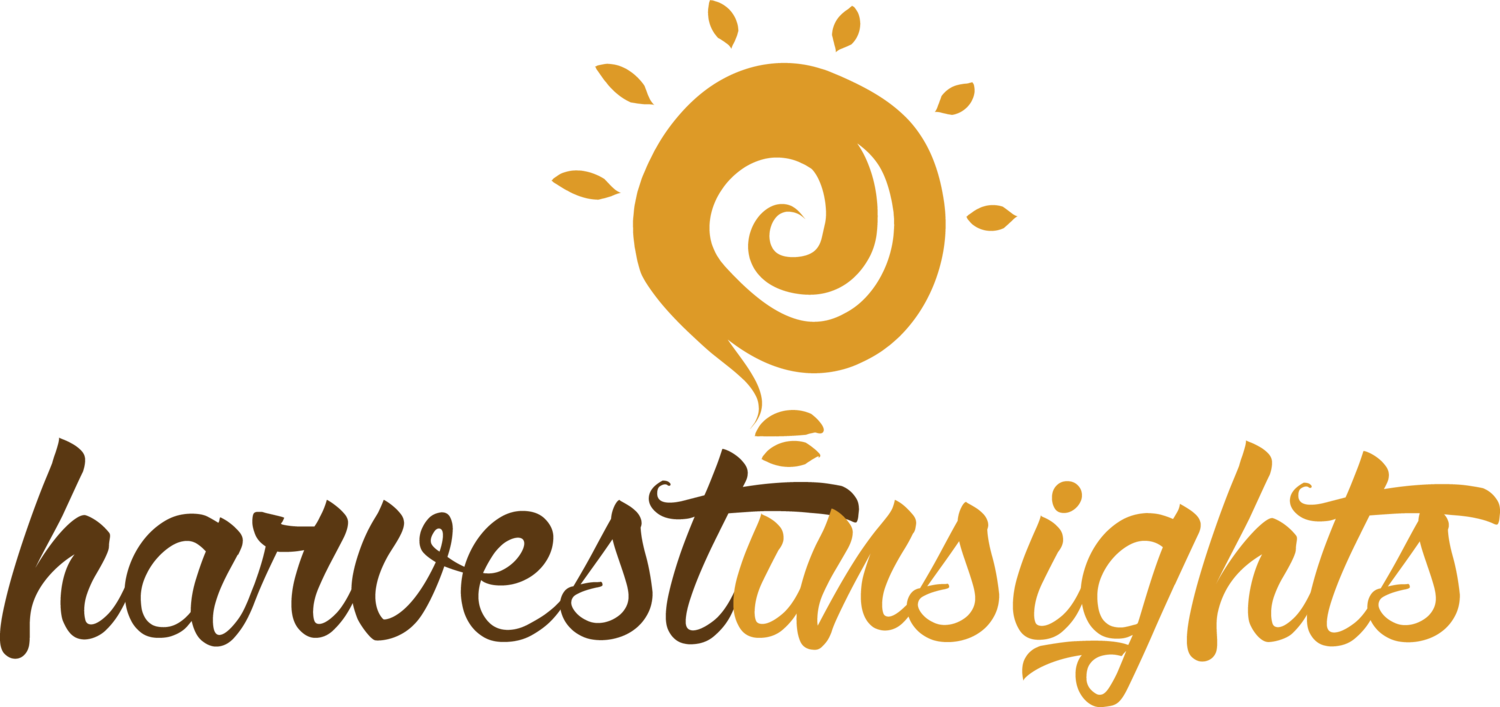As 2015 winds to a close, many of us are putting pen to paper for our predictions and resolutions for 2016. I've pulled a few of my favorite predictions for the MR industry together and made some personal comments below. The entire list of 55 predictions from Greenbook can be found here. Jeffrey Henning, President, Researchscape International:
I’m seeing an increased interest in agile market research from suppliers and clients alike. To me, true agile research projects are more open-ended than traditional research: they iteratively hone in on insights over a series of phases, with the number of phases not predetermined at the outset. Suppliers I’ve seen champion this approach in 2015 include GutCheck, ZappiStore, and Kadence
The skeptical me reads this prediction as a boon for the research industry. You mean we can just keep saying "we need another phase for that?" The reality, however, is that this type of research has been championed by social scientists under the name Grounded Theory (see my previous blog post). The basic principle is that you must continue to evolve your understanding of any given research question over time. So, if you are looking to understand something as broad as "the patient experience," then one ethnography is not going to cut it. You will learn things within the process of conducting an ethnography that may need to be further fleshed out in a second or even third phase. It's an iterative process that is also highly collaborative. The challenge is always budget and time, but as companies move away from large benchmarking trackers, there will be more budget and bandwidth to address other, more complex and more impactful questions.
Kevin Gray, President, Cannon Gray LLC:
Not really a prediction, but I sense a growing need for quantitative marketing researchers to rediscover the social and behavioral sciences (besides economics). There is now too much emphasis on math and programming or, worse yet, canned analytics, and one result is a proliferation of models without meaning. There are increasing opportunities for quant people who truly understand how to design, analyze and interpret research in ways that have real value to decision makers. This requires knowing how to integrate data from various sources, including qualitative, but there’s more to it than that.
As a Sociologist by training, I'm always excited about interpreting life through various lenses, and it's frustrating to see how little our industry has adapted to new breakthroughs in technology, changes in cultural norms, and social science developments. I think that the future is in multi-method and experiential research. Fewer black box solutions and more real-life decision moments captured in a research setting. Sign me up for that!
Lenny Murphy, Executive Editor & Producer, GreenBook & Founder/Senior Partner, Gen2 Advisors:
The Gig Economy Booms: If automation will disrupt process, the emergence of many marketplaces to access talent on an as needed base will change how we deal with human capital. Look for multiple talent marketplaces to start to play in MR or for some tech companies to launch their own talent markets to provide access to folks still needed for human driven tasks. Companies will downsize, but good talent will flourish by being able to do lots of work for lots of clients on their own schedules.
I'm living proof that a "gig" economy can work for MR, and I know a number of freelancers like myself who thrive in this market. Unfortunately, it can be time consuming and costly to continue to build our client rosters. I've often thought that a marketplace (other than personal networks) could help to connect freelancers with companies seeking temporary or project-based extra help. There are a number of online marketplaces out there right now, but they tend to cater to low-cost, low-skill projects (i.e. can you search the internet for properties in Uganda for $1.36 an hour). A marketplace that connects experienced, freelance researchers and consultants with the companies that need them will thrive in an industry as seasonal and unstable as ours. It would certainly help companies avoid staffing for peaks and fill a great need for freelancers, like me, that are trying to simultaneously build our client rosters and meet our current clients' demands.
Have a wonder New Year's!



